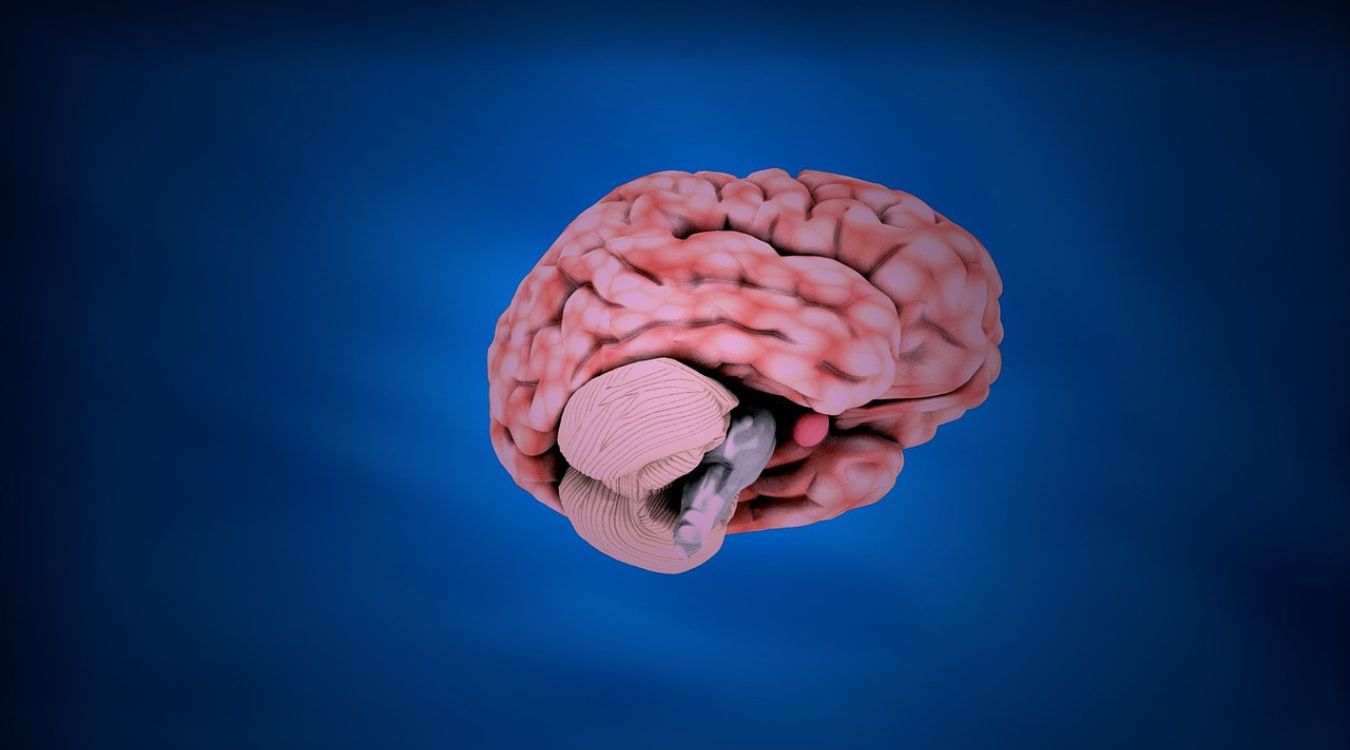
Cortical degeneration of the cerebellum parenchymatous sounds complex, but understanding it can help us grasp how our brains work. This condition affects the cerebellum, the part of the brain responsible for coordination and balance. When the cerebellum's cortex, its outer layer, starts to deteriorate, it leads to issues with movement, speech, and even thinking. Symptoms can include unsteady walking, difficulty with fine motor skills, and slurred speech. Causes range from genetic mutations to chronic alcohol abuse. While there's no cure, treatments focus on managing symptoms and improving quality of life. Early diagnosis and intervention can make a significant difference. Let's dive into 25 intriguing facts about this condition to better understand its impact and the ongoing research aimed at combating it.
Key Takeaways:
- Cortical degeneration of the cerebellum parenchymatous affects coordination and balance. Genetic mutations, alcohol abuse, and autoimmune diseases are common causes. Early recognition and therapy can improve quality of life.
- Diagnosis involves MRI and CT scans, genetic testing, and blood tests. Treatment includes physical and occupational therapy, speech therapy, medications, and vitamin supplements. Support groups and a healthy diet are essential for managing symptoms.
What is Cortical Degeneration of the Cerebellum Parenchymatous?
Cortical degeneration of the cerebellum parenchymatous is a complex neurological condition. It affects the cerebellum, a part of the brain responsible for motor control. Understanding this condition can help in managing symptoms and improving quality of life.
-
Cerebellum's Role: The cerebellum coordinates voluntary movements like posture, balance, coordination, and speech.
-
Parenchyma: This term refers to the functional tissue in the cerebellum, crucial for its operations.
-
Degeneration: In this context, degeneration means the gradual loss of function or structure of the cerebellum's cells.
Causes of Cortical Degeneration
Several factors contribute to cortical degeneration of the cerebellum parenchymatous. Knowing these can aid in early detection and intervention.
-
Genetic Mutations: Certain inherited genetic mutations can lead to this condition.
-
Alcohol Abuse: Chronic alcohol consumption is a significant risk factor.
-
Vitamin Deficiencies: Lack of vitamins, especially B1 (thiamine), can cause cerebellar degeneration.
-
Autoimmune Diseases: Conditions like multiple sclerosis can trigger cerebellar degeneration.
Symptoms to Watch For
Recognizing symptoms early can lead to better management of the condition. Here are some common signs.
-
Ataxia: This is a lack of muscle coordination affecting speech, eye movements, and the ability to swallow.
-
Tremors: Uncontrollable shaking, especially in the hands, can be a symptom.
-
Nystagmus: Rapid, involuntary eye movements are another sign.
-
Dysarthria: Slurred or slow speech that can be difficult to understand.
-
Difficulty Walking: Problems with balance and coordination can make walking challenging.
Diagnosis Methods
Accurate diagnosis is crucial for effective treatment. Various methods help in diagnosing this condition.
-
MRI Scans: Magnetic Resonance Imaging can show detailed images of the cerebellum.
-
CT Scans: Computed Tomography scans provide cross-sectional images of the brain.
-
Genetic Testing: Identifies specific genetic mutations linked to the condition.
-
Blood Tests: Can detect vitamin deficiencies or autoimmune markers.
Treatment Options
While there's no cure, several treatments can help manage symptoms and improve quality of life.
-
Physical Therapy: Helps improve coordination and balance.
-
Occupational Therapy: Assists in performing daily activities more easily.
-
Speech Therapy: Aids in improving speech and swallowing difficulties.
-
Medications: Drugs like amantadine can help manage symptoms.
-
Vitamin Supplements: Especially B1, to address deficiencies.
Living with Cortical Degeneration
Living with this condition requires adjustments and support. Here are some tips to make life easier.
-
Assistive Devices: Tools like walkers or canes can help with mobility.
-
Support Groups: Joining a support group can provide emotional and practical support.
-
Healthy Diet: A balanced diet rich in vitamins can help manage symptoms.
-
Regular Check-ups: Frequent visits to healthcare providers ensure timely adjustments in treatment plans.
Final Thoughts on Cortical Degeneration
Cortical degeneration of the cerebellum parenchymatous is a complex topic, but understanding it can help in recognizing symptoms and seeking timely medical advice. This condition affects the brain's ability to control movement and coordination, leading to various challenges in daily life. Early diagnosis and intervention can make a significant difference in managing symptoms and improving quality of life.
Research continues to uncover more about this condition, offering hope for better treatments in the future. Staying informed and proactive in seeking medical care is crucial for those affected. Remember, knowledge is power, and being aware of the facts can lead to better outcomes.
By grasping these key points, you can better understand cortical degeneration and its impact. Stay curious, stay informed, and always prioritize your health and well-being.
Frequently Asked Questions
Was this page helpful?
Our commitment to delivering trustworthy and engaging content is at the heart of what we do. Each fact on our site is contributed by real users like you, bringing a wealth of diverse insights and information. To ensure the highest standards of accuracy and reliability, our dedicated editors meticulously review each submission. This process guarantees that the facts we share are not only fascinating but also credible. Trust in our commitment to quality and authenticity as you explore and learn with us.
